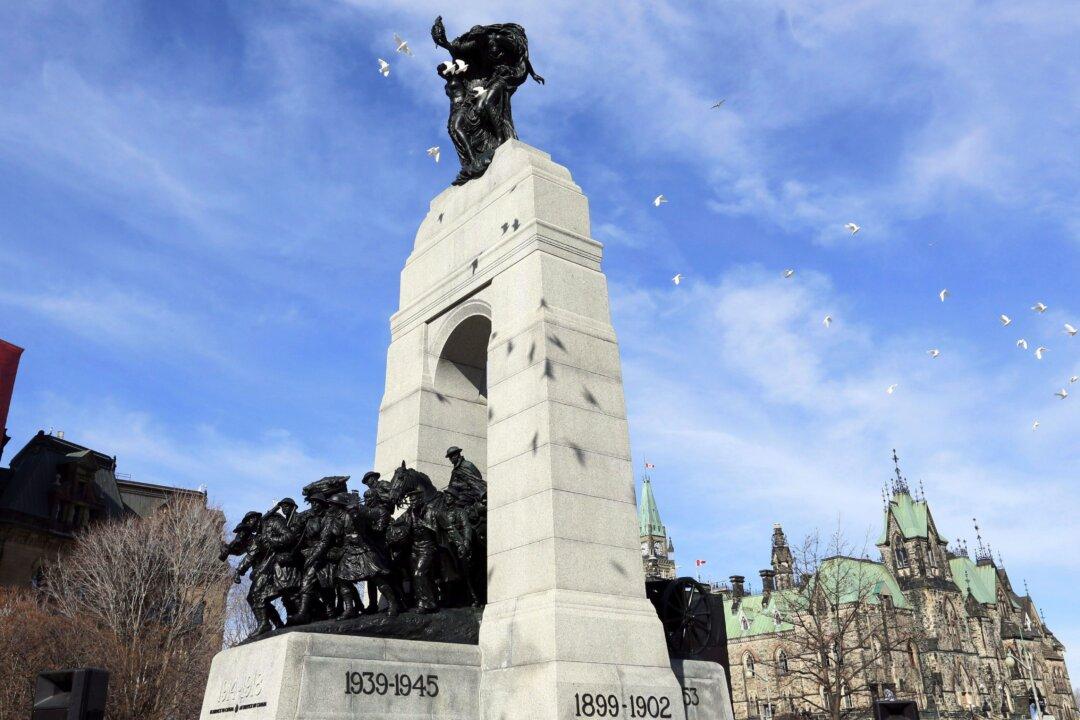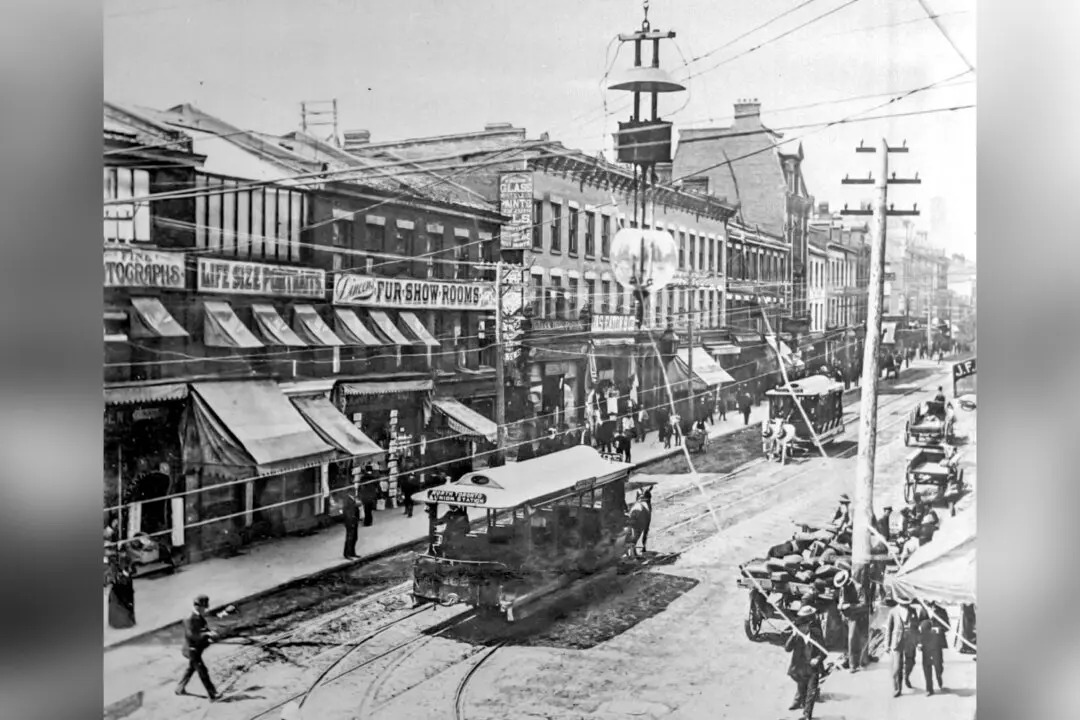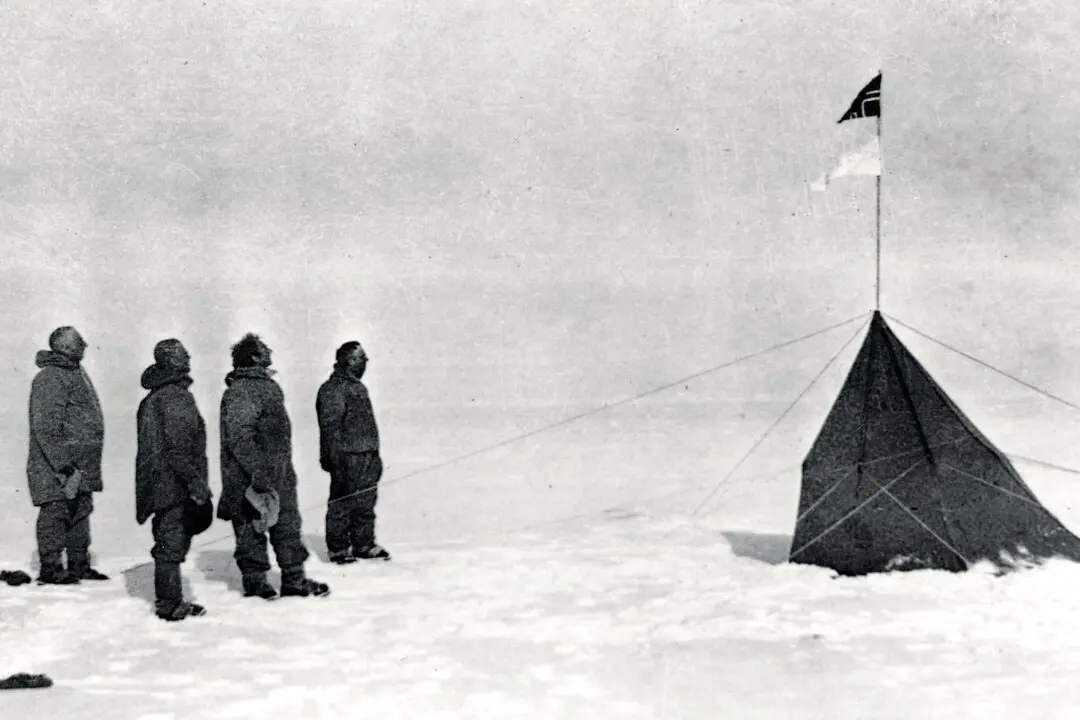Commentary
Surely, the worst aspect of Alzheimer’s disease and other forms of senile dementia is the loss of our ability to remember. Without memory, we are mere bodies trapped in the present without links to our families, our surroundings, and even our own personalities. Because the creature that we were—with all our likes, dislikes, loyalties, loves, quirks, failings, and triumphs—has ceased to be truly present, we are lost to ourselves and others, unable to make sense of the world.





